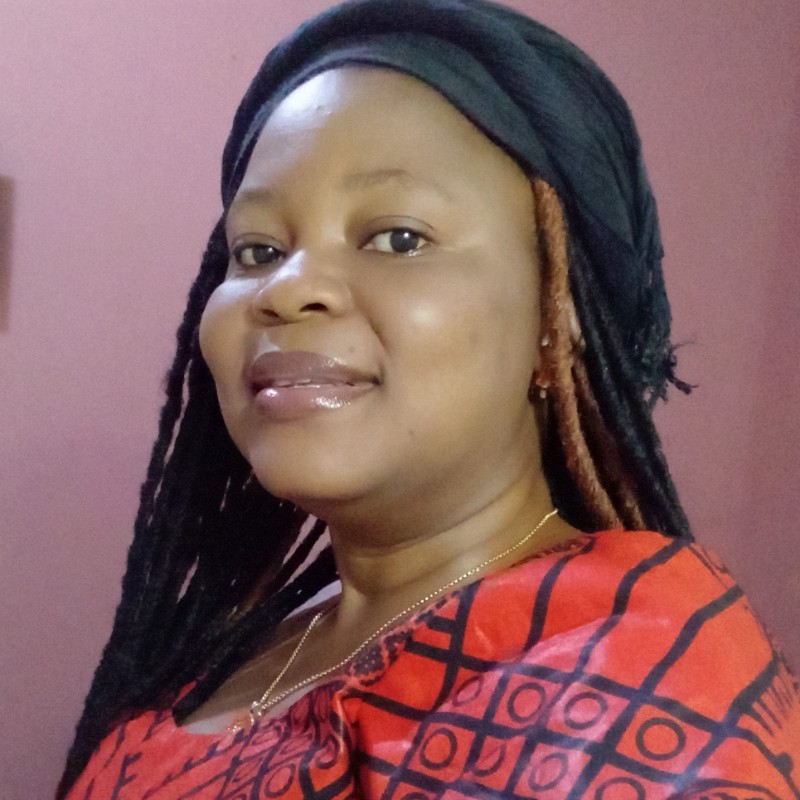Cote d’Ivoire
ATJLF in Cote d’Ivoire
Decades of political discord and ethnic tensions in Cote d’Ivoire culminated in the 2010-2011 post-election violence which lasted from November 2010 to April 2011, claiming the lives of 3,000 people, and displacing hundreds of thousands of others. Alassane Ouattara was declared winner of the 2010 presidential election, but then outgoing President Laurent Gbagbo disputed the results and called for annulment of portions of the vote citing fraud and voter intimidation. The situation deteriorated over the next few months characterized by extrajudicial killings, torture and sexual violence committed by both conflicting camps. The conflict ended on 11 April 2011 when pro-Ouattara forces arrested Gbagbo at his home, and Ouattara was sworn in as president in May 2011.
Later that year, Cote d’Ivoire established the Commission for Dialogue, Truth and Reconciliation (CDVR) to seek the truth and establish responsibility for past and recent national socio-political events; to hear the victims, obtain recognition of the facts by the perpetrators of the violations, and identify and make proposals for the implementation of actions likely to strengthen social cohesion and national unity among other objectives. Other TJ mechanisms were set up over the next few years including the Special Investigation Unit (Cellule spéciale d’enquête – CSE), set up in June 2011 to handle judicial proceedings for crimes committed during the 2010-2011 post-election crisis. The CSE later became Cellule spéciale d’enquête et d’instruction (CSEI) in 2013. The country also established the National Committee for Reconciliation and Victims’ Compensation (CONARIV) and the Ministry of Solidarity, Social Cohesion and Victims Compensation (MSCSIV) to handle the process of administering reparations to victims. Despite all these mechanisms, the process of reparations to victims has not been effective given that an official list of victims meant to receive reparations has been published by the government.
Spotlight Projects
COVICI worked with victims to seek redress for human rights violations suffered, by either referring them to the appropriate state institutions and/or helping them get the correct documentation to access remedies. COVICI supported victims to find information that will enable them to receive the government’s reparations package, where available. Specifically, they provided psychosocial support and built victims’ capacity with information on how to improve their socioeconomic status. COVICI leveraged on their access to local authorities and utilized advocacy and training to improve victims’ capacity to access local support mechanisms that victims could use to set up and manage income generating activity at the community.
RAJP promoted the inclusion of youth and young people in transitional justice conversations while building on memorialization activities to promote communal healing. They utilized the grant to organize healing sessions that brought the youth together to discuss what happened in their locality and design memorial initiatives collaboratively and in a way that they want to remember the incidents in their localities. Once the memorial sites were set up, they organized events for schoolchildren on these sites. The objective was to enable the schoolchildren to have a good understanding of the history of the post-elections conflict in their locality to prevent future conflicts.






